It’s human nature to try and explain what we see around us. Many religious teachings came to be as a way to explain the unexplainable.
As the centuries passed and our scientific understanding of the world and the wider universe developed, new scientific theories rendered some of these religious ideas obsolete. There are, though, still some areas where science simply cannot produce an explanation.
Scientific Explanation Is Limited
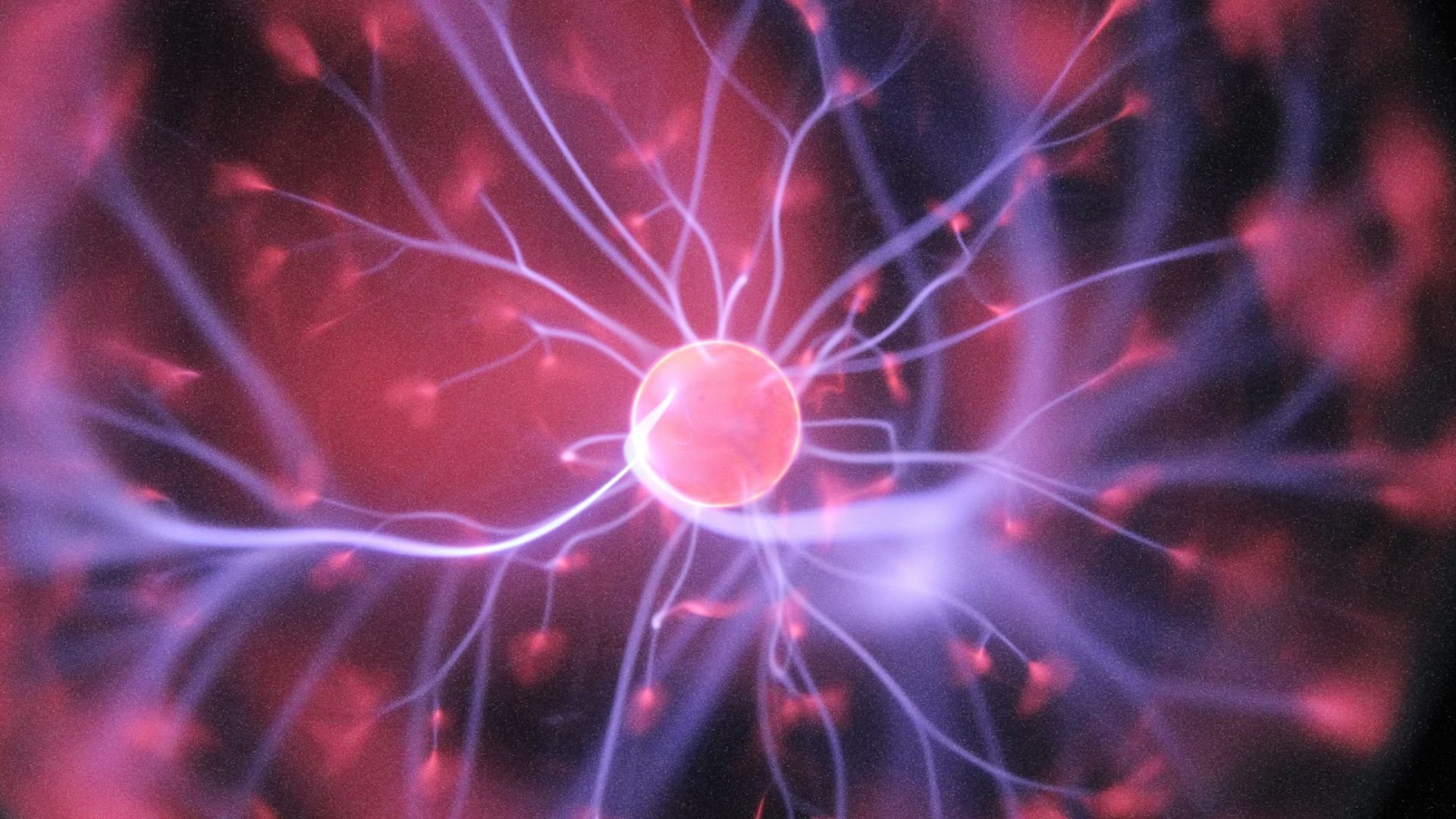
Generally speaking, science has an explanation for many things. However, many explanations are limited.
Scientific theory can explain concepts such as how gravity works or how vaccines help prevent the spread of disease. However, it can’t explain many other things, such as the purpose of life or why people hold onto hope.
The Universe and Its Origins
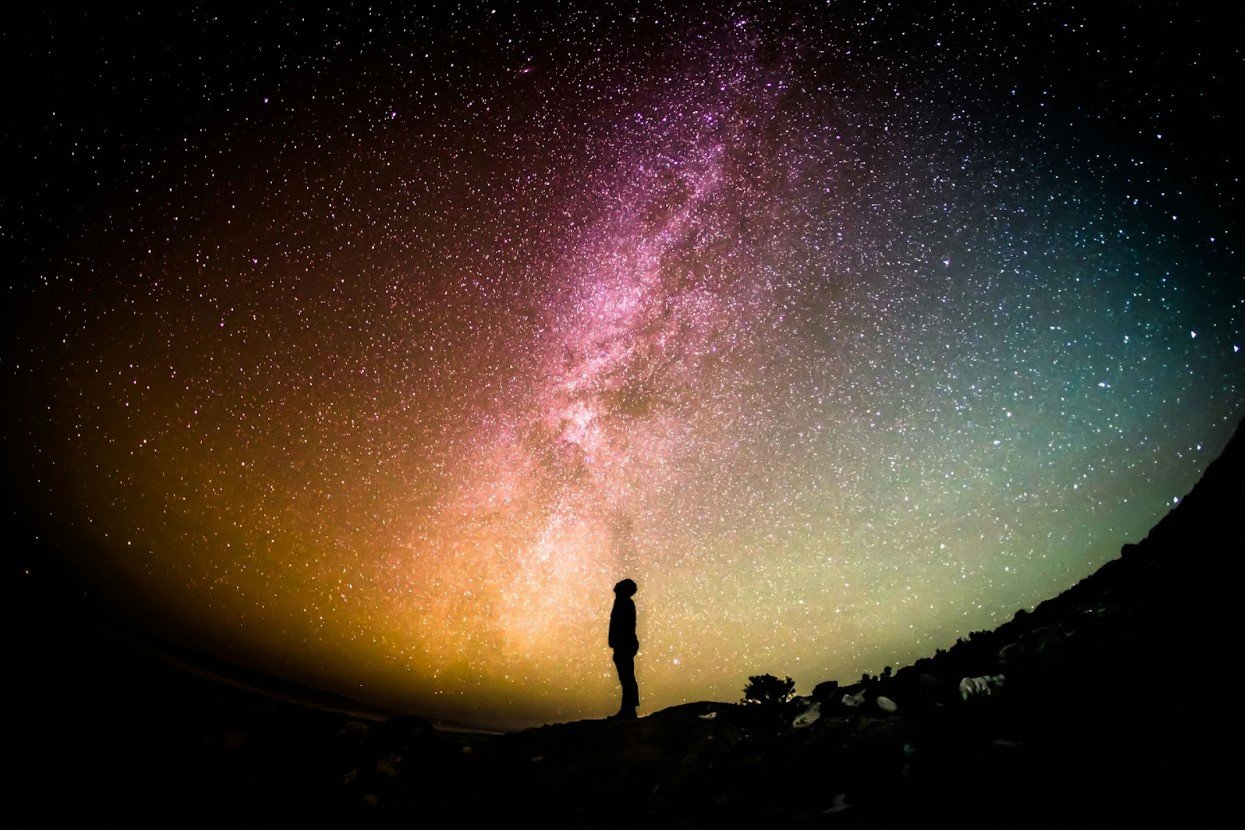
Let’s start with a big one — the existence of the universe. Scientific understanding of the universe and how it came to be has come a long way from the Biblical notion of God creating existence with a few words.
But there’s still a lot that science doesn’t have an answer for. Scientific opinion has shifted from the universe being infinite to it having a beginning point. If it has a beginning, then something outside of the universe brought it into existence. Perhaps something divine.
A ‘Goldilocks Universe’
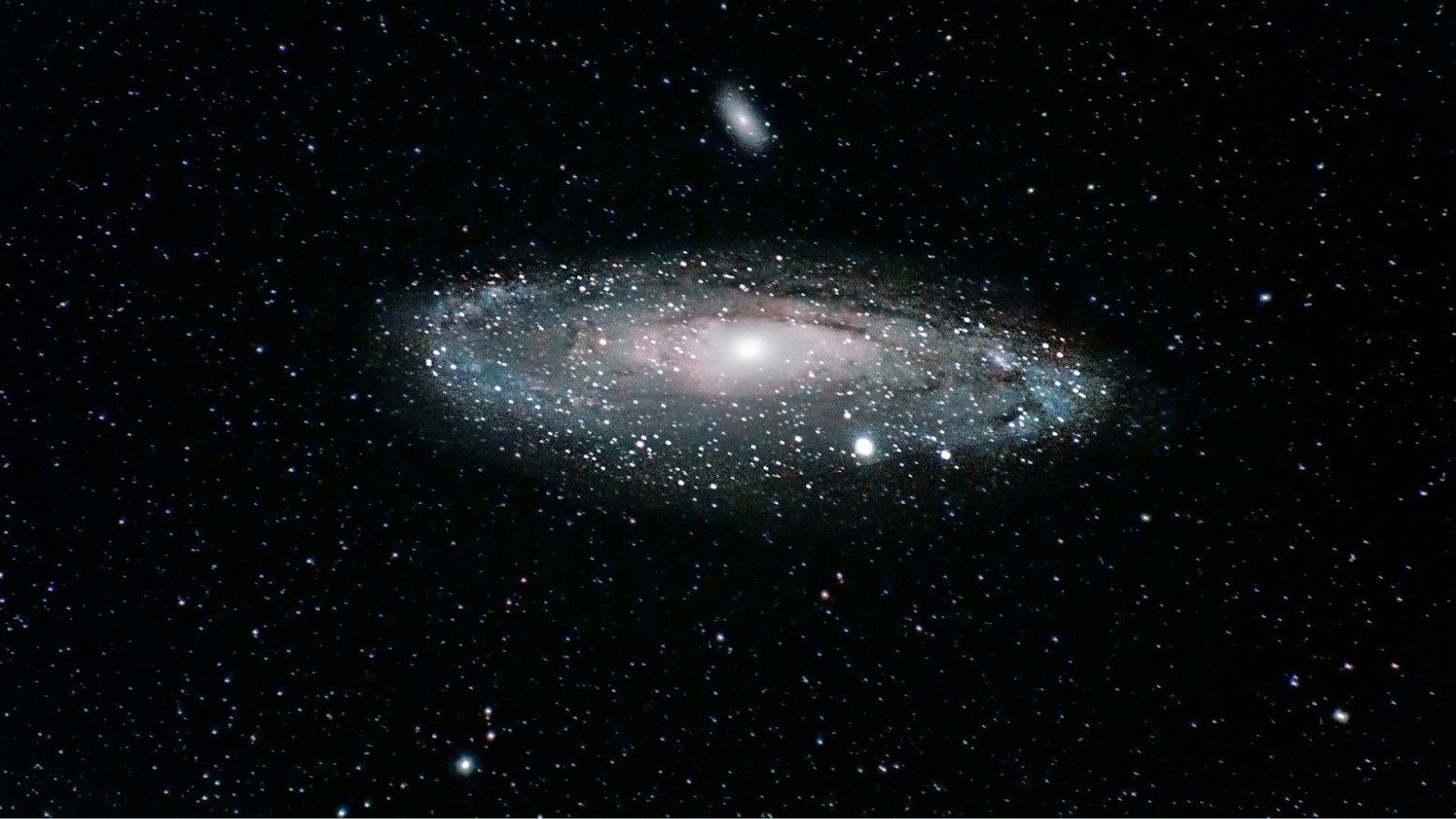
The universe is also finely tuned, with conditions being “just right” to allow for the existence of life on Earth. Any sort of change one way or the other, and life could not exist.
The nature of the fundamental physical laws of the cosmos is very precise. Some feel that they’re too precise to have occurred by accident and instead point to some sort of intelligent design.
The Origin of the Fundamental Laws of Nature

Some laws of nature aren’t fundamental and can be explained by science. One such example is Newton’s first law of motion, which states that an object at rest stays at rest and an object in motion stays in motion.
However, this isn’t a fundamental law of nature. A fundamental law of nature is the very core and base layer of everything that exists, and it cannot be proven by science.
The Existence of God

For many years, there have been different teachings in science and religion. For example, science will tell you that evolution turned the world into what it is today, whereas religion will tell you that God created everything.
Despite these opposing views, science can’t tell you how God came into existence. Even the Bible will tell you how God created the world, but it doesn’t tell you where God comes from, as he was always believed to exist.
Consciousness
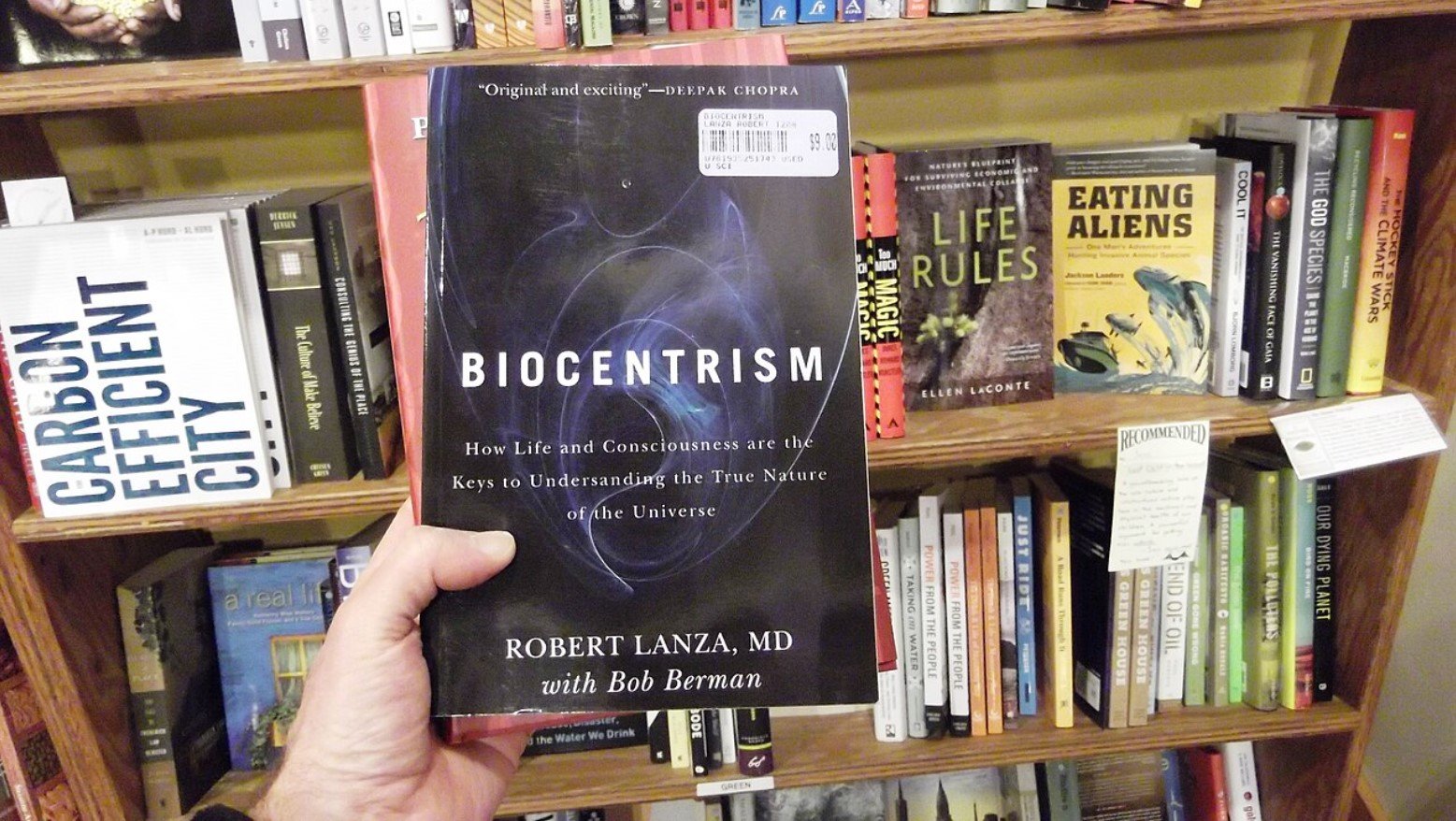
The scientific definition of the nature of life is extremely limited. We can describe the biological processes in great detail and talk about how the anatomy of the brain permits higher thought, but science cannot really explain consciousness.
And life in the truest, philosophical sense is all about consciousness. The concept of biocentrism takes a more spiritual view of existence that factors in consciousness and much of what religion might describe as the human soul.
Morality

Similarly, science can handily explain basic, almost animalistic responses humans have to the world around us, such as why we as a species might have shared “fight or flight” threat responses.
But beyond this, we as a species also have a shared morality. We have ethics. Similar moral constructs crop up time and again in different cultures and civilizations totally independently of one another. Science cannot explain why the animal species we call humans have this fundamental, shared, complex moral code.
The Logical Truth

Logic means that you don’t have to do any form of testing to prove that something is true. However, some people will say that “science is the only way to really know truth.”
If this were true, then there would be no logic because that would mean testing everything before determining it to be true. But logic doesn’t need to be tested, as it is just something people naturally know about, such as taking care when using a knife to chop something so that you won’t hurt yourself.
Aesthetic Objective Laws

If something is aesthetic, this means that it looks beautiful. This is yet another thing that science can’t explain, as we all know how to create something aesthetically pleasing.
The simplest way to do this is to pay attention to symmetry and color combinations. If you go against either of these two things, you won’t get an aesthetic result.
Experiential Truth

The experiential truth is something that you have experienced before that you know to be true. There is no way that science can explain this because it is something you have personally experienced.
One such example is knowing that your partner loves you. You likely know this because they have told you in the past. As this is something you have experienced, it is the experiential truth and cannot be tested by science.
Materialistic Desire

If we again think of humans as animals, we can explain why there is a biological imperative to secure resources necessary for our survival. But what if we remove this survival need?
We still seek out and cling to things for materialistic or sentimental values. Science is far weaker at explaining these phenomena. Sentimentality in particular is something that is far better explained in the realm of spirituality.
The Design of Life
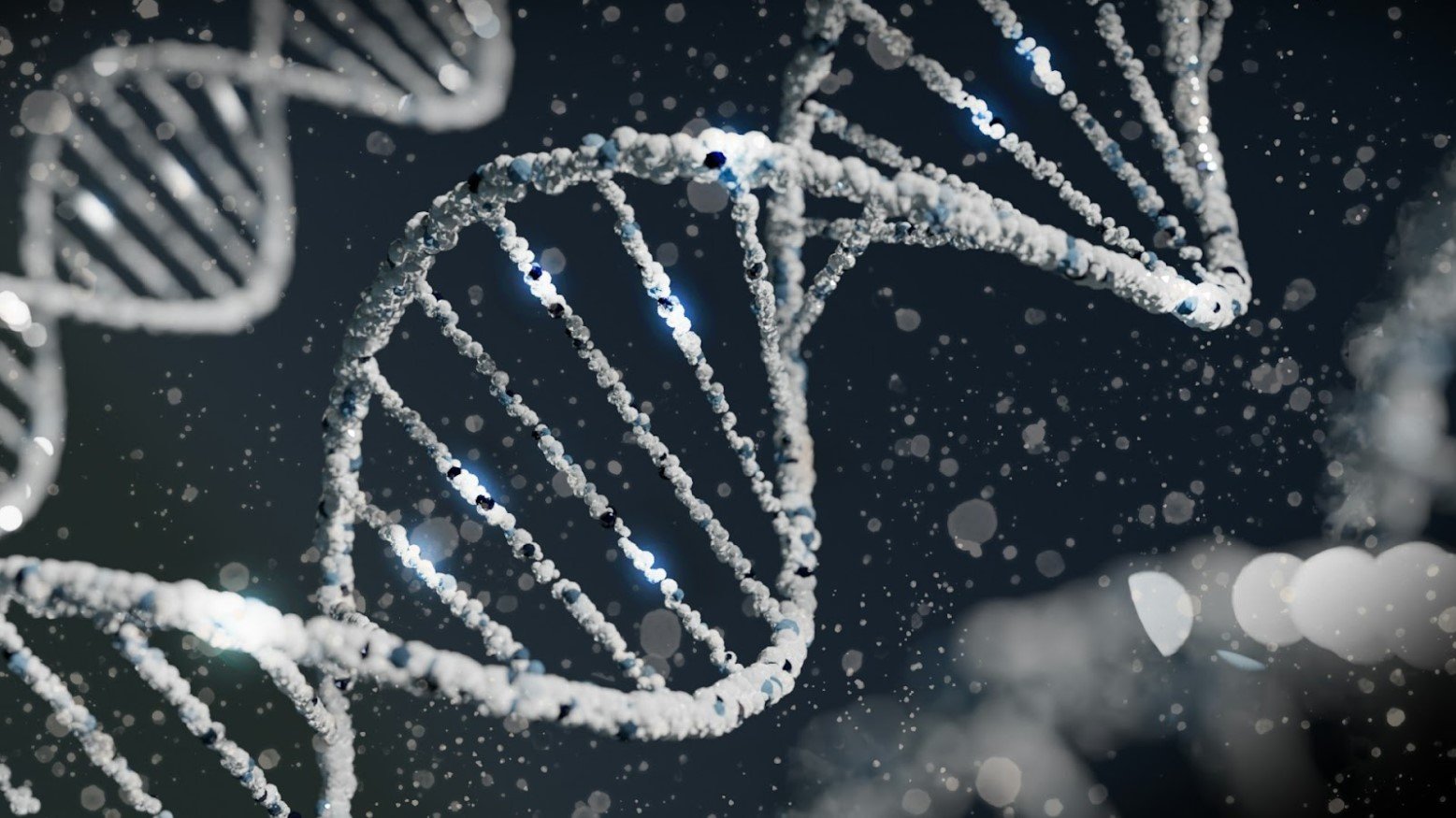
DNA is essentially the code of life. Sequences of nucleotide base pairs describe how to create specific proteins, basically working a lot like computer code for a piece of software.
Science cannot sufficiently explain the chemical evolutionary origins of complex DNA sequencing. If we stick with the software analogy, one explanation could be that it’s a purpose-built design tool for an intelligent designer to use to “program” life in the universe.
The Existence of Miracles

Miracles are present in the world if we define a miracle as some surprising outcome that defies scientific conventions, laws and theory and yet happens all the same.
Beyond this, there are coincidental occurrences that stretch credulity. Scientific thinking holds that there is an underlying reason for why things happen, but scientific theory can fail to explain how some of these seemingly impossible coincidences or miracles occur. Instead, there might be the divine at play.
Divine Revelation

A divine revelation is believed to be a way for God to make himself known. Everyone receives this through creation and human nature, although some people might receive it more specifically through specific life events.
This is believed to come at a specific time in someone’s life, possibly when they are doubting their faith or going through a troubling life event, to let them know that God is there and is guiding them through it all.
Human Connection

There are biological reasons to explain why humans within the same families seek connection. Again, there is a biological imperative to stay connected and make sure your lineage’s genes are passed to the next generation.
But what about connections that aren’t about basic, animalistic survival? Why do we seek meaningful connections with others, a connection that has no survival benefit? Again, this is more about the spiritual meaning of what it is to be human rather than the scientific meaning.
Personal Encounters

The majority of people have had a personal encounter, which is where you come across someone or something out of the blue that ends up having a significant impact on your life.
These are often unexplainable situations, and no matter how much scientists try to develop theories about how they happen, they cannot do it. The only explanation can be God sending that person or object to you to change the trajectory of your life.
Humility and Openness

Scientists have always been guided to try and find the truth in everything, but this isn’t always possible. Instead of getting stressed about it, many scientists feel somewhat humbled that science can’t explain everything.
Scientists and the rest of humanity are humble and open to multiple explanations for things existing, leading to a sense of humility that their belief isn’t always the most prominent. Neither of these things can be explained scientifically — they’re just things that exist.
Life After Death

It’s one of the great mysteries that has preoccupied human existence — what happens after we die? It’s a question that permeates philosophy, culture and literature — the world beyond death is Hamlet’s “undiscovered country.”
The limitations of the scientific definition of life mean that science also struggles to tackle what happens after death. The biological processes end, but what of the consciousness? Even science states that everything in existence must be conserved, so our “souls” must go somewhere.
The Meaning of Life

A common theme seems to be that science is very good at explaining the “how” of things but less equipped to tackle questions of “why.” We can explain the origins of life scientifically but not its purpose.
Some scientific thinking navigates this by removing the idea of purpose entirely — there is no meaning to life, life simply is. Many scientists, however, do not accept this and continue their scientific explanation of the mysteries of the universe, holding a spiritual belief that there is some meaning to it all. A meaning they cannot define.
How to Stop the Suffering

Everyone who has ever existed has experienced some kind of suffering or sadness. Some endure this longer than others, but each person’s suffering and sadness are unique.
Many people want to know how to stop or find some release from suffering or sadness. Science cannot explain this, as some people intrinsically know how to get themselves out of this headspace.
Science Can Only Go So Far

The truth is that science can only go so far. Even if something has a scientific explanation attached to it, it doesn’t always explain everything. There are other plausible explanations for it as well.
Science is advancing constantly, and many things that were unexplainable a few years ago can now be explained by science. Even with these advancements, not everything is easily explainable.
The Respect for Religion

It is often believed that science and religion are widely opposing and that those who believe in science want to discredit religious beliefs and vice versa.
While this is true in some cases, many scientists actually acknowledge that God exists and that there can be more than one explanation for something that happens. Sometimes, it’s science, sometimes it’s God, and sometimes, there are no explanations whatsoever.
When Science Meets Faith

Science is, fundamentally, the pursuit of answers. Just because science cannot explain something yet, that doesn’t mean that scientists relent and accept something as inexplicable.
But by the same token, the fact that science cannot explain something can be taken as proof that the explanation lies beyond the realm of science and exists in the spiritual. Furthermore, science can be great at providing explanations for the world around us but falls short of religion when it comes to giving meaning to everything.
